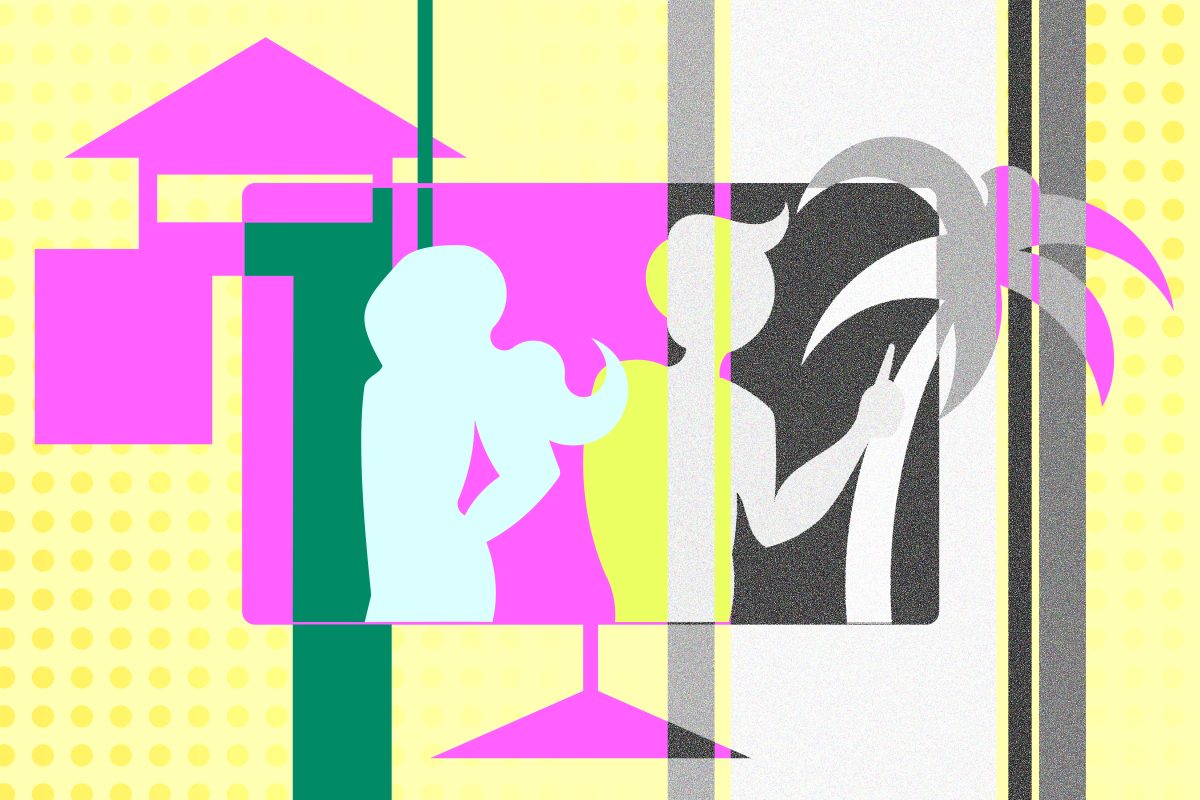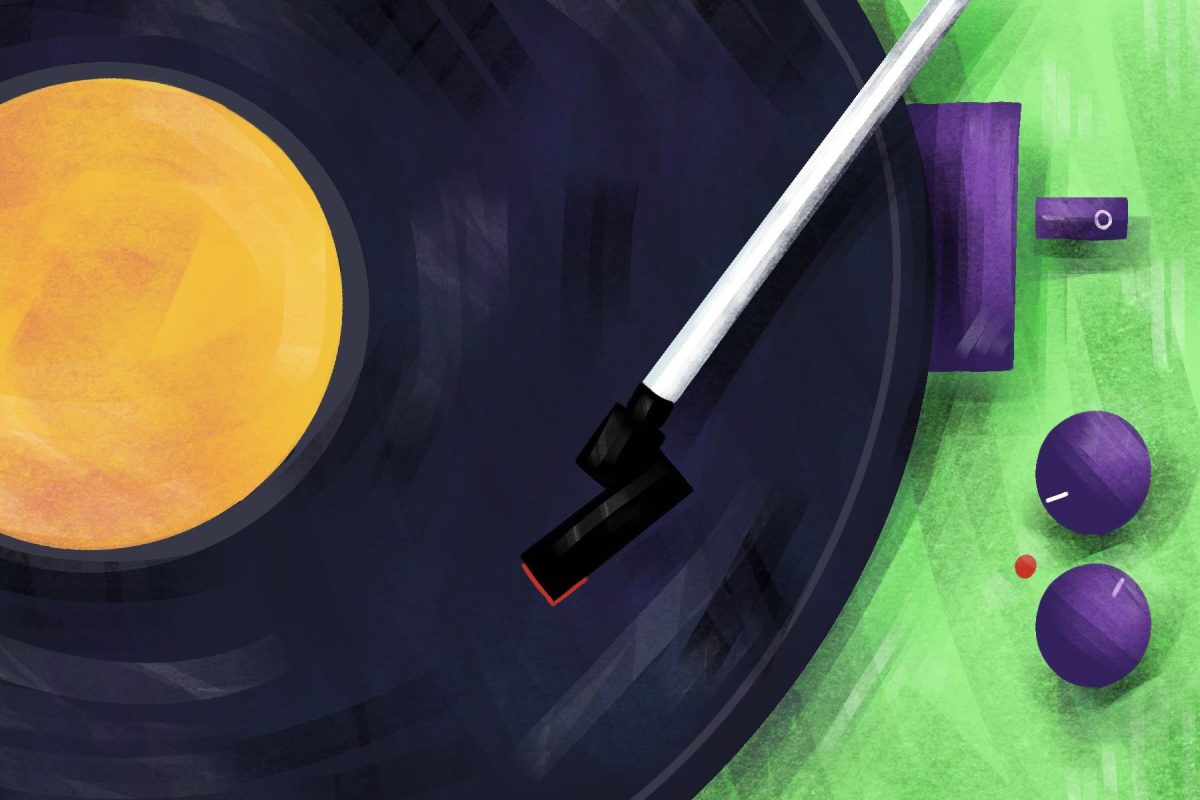There was a time when reality television was sold exactly as its name: reality. Unscripted, raw and unfiltered life. Reality TV used to feel like a legitimate window into human life. Shows like “The Challenge” and “Survivor” were known for their real-life drama. Viewers watched enemies and friendships made and alliances formed.
But today, reality TV has evolved into something far from real. The genre has become manufactured, where drama is engineered, characters are scripted and the lines between fact and fiction are intentionally blurred.
The appeal of reality TV in its starting years came from its originality. Audiences tuned in to witness the inconsistency of real life. Whether it was contestants trying to outsmart and trick each other on “Survivor” or housemates clashing over immunity idols in “Big Brother,” reality TV promised something completely different from the traditional form of scripted television.
It was messy and sometimes awkward, but it entertained viewers. However, as the genre became more popular, producers realized that true reality wasn’t always exciting enough to maintain the ratings and viewership needed to stay in production. To ensure that viewers stayed hooked, reality TV became more and more scripted, because real life can sometimes be dull.
The biggest shift came when producers began manipulating situations to create conflicts. Shows like “The Bachelor” and “Love Island” are known for encouraging drama. Contestants are put into high-stress environments designed to enhance and provoke drama and heighten emotions. These situations are meant to spark jealousy and anger because drama is what keeps the audience engaged — regardless of genuine human connections.
“Honestly no, there are no genuine human moments,” said Frankie Dussek, a sophomore public relations major. “I think it’s so played-up and so dramatized that it’s hard to differentiate between what is real and what is scripted.”
Producers encourage contestants to say or do certain things, knowing that it will lead to tension and problems between contestants. Trista Sutter, “Bachelorette” season one lead, told “Vulture” that she remembers a producer saying to her “I just need you to cry right now” because they wanted more emotion from her. What was once unscripted human interaction is now guided behind the scenes with no intention of ever being caught.
“I think it’s too scripted [in order] to dramatize it so it will go on for seasons and seasons,” said Anne Claire Van Aller, a sophomore accounting major. “Reality TV gives people a false reality and encourages them to act [a certain] way in the real world where it’s not acceptable.”
Editing is another powerful and easy tool in the manipulation of reality TV. In post-production, editors can take hours of footage, including conversations and interactions, and cut and stitch them together to completely change the meaning of what happened.
Entire storylines can be built through editing, which leads to the creation of villains and heroes out of cast members based on what producers think will generate the most buzz and the most dollars. A prevalent example of this is on the show “Love Island” where the producers made Leah Kateb seem like the villain when in reality they were just editing together the worst clips of her where she was saying negative things that were taken out of context.
The manipulation of reality TV has become so normal that even contestants are aware that it is fake. Reality TV contestants like Mari Pepin, Trista Sutter, Rob Rausch and many others have come out and said that the producers forced them to say certain things or edited clips of them that were taken out of context.
Contestants enter these shows knowing that the more dramatic they are, the more time on screen they will have. This leads to a unique dynamic where TV stars are performing for not only the audience but also for themselves.
“I think people go on those shows to be famous,” said Emma Gil De Rubio, a sophomore political science major. “They also tend to do more things to be memorable and to gain a following.”
The use of social media has also encouraged this trend. Reality TV contestants see these shows as a way to boost their Instagram followers and land sponsorship deals. Shows like “The Real Housewives” and “Vanderpump Rules” encourage a life of drama as well as wealth. They make this lifestyle seem easily attainable when it is not a normal way of living.
Certain reality programs still have the ability to capture genuine human moments, but they are becoming more and more sparse. Certain programs like “The Ultimatum” offer a look into how reality TV can still be real. But for now, they don’t meet the rules for this era of the genre.
Producers need to trust that real life can still create entertaining television and bring in views. Until then, reality TV will continue to stray away from what reality TV is supposed to be: real.









